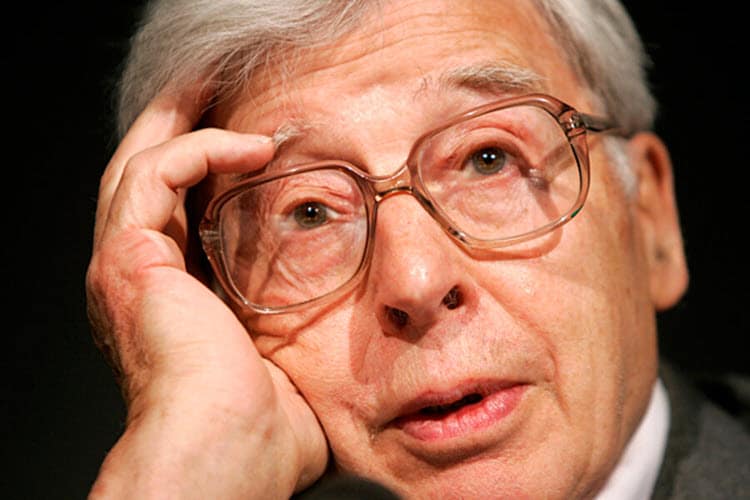Robert Edwards: Physiologist and pioneer in the field of reproductive medicine

Robert Edwards (27 September 1925 – 10 April 2013) was a British physiologist and pioneer in the field of reproductive medicine.
Life and Career
He was born on 27 September 1925 in Batley, England. received his undergraduate degree in biology from the University of Wales, Bangor in 1951. He then went on to pursue a Ph.D. in reproductive physiology from the University of Edinburgh, which he completed in 1955. During his time at Edinburgh, Edwards was mentored by the renowned physiologist Sir Charles H. Waddington, who played an important role in shaping his scientific career.
After completing his doctoral studies, he worked as a researcher at various institutions in the UK, including the National Institute for Medical Research and the University of Cambridge.
He began working on the development of IVF in the late 1960s, collaborating with gynecologist Patrick Steptoe. They faced significant opposition and criticism from the medical establishment but continued to pursue their research, conducting a series of experiments with human eggs and sperm in the laboratory.
In 1978, their efforts paid off when Louise Brown, the world’s first “test-tube baby,” was born. The successful birth of Louise Brown was a major milestone in the history of reproductive medicine and marked the beginning of a new era in the treatment of infertility.
He continued to conduct research in the field of reproductive medicine, exploring new techniques and approaches for helping couples struggling with infertility. His work led to the development of other assisted reproductive technologies, such as intracytoplasmic sperm injection (ICSI), which is used to treat male infertility. He died on 10 April 2013, in Cambridge, England,
Award and Legacy
He was awarded the Nobel Prize in Physiology or Medicine in 2010 for his pioneering work on IVF.
His legacy is primarily based on his pioneering work in the field of reproductive medicine, particularly his development of in vitro fertilization (IVF). IVF has revolutionized the treatment of infertility and has enabled millions of couples around the world to conceive children. Edwards’ research has also led to advances in the understanding of reproductive biology and the development of other assisted reproductive technologies.
In addition to his scientific achievements, Edwards has been praised for his compassion and dedication to his patients. He was known for his tireless efforts to help couples struggling with infertility, and for his belief that every person has the right to have a child if they so desire.
Overall, Robert Edwards is widely regarded as one of the most important figures in the history of reproductive medicine, and his contributions have had a profound impact on the lives of countless individuals and families around the world.
Observer Voice is the one stop site for National, International news, Sports, Editor’s Choice, Art/culture contents, Quotes and much more. We also cover historical contents. Historical contents includes World History, Indian History, and what happened today. The website also covers Entertainment across the India and World.

